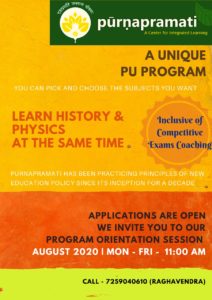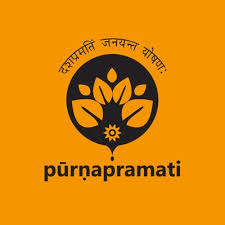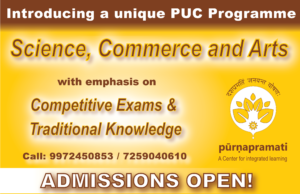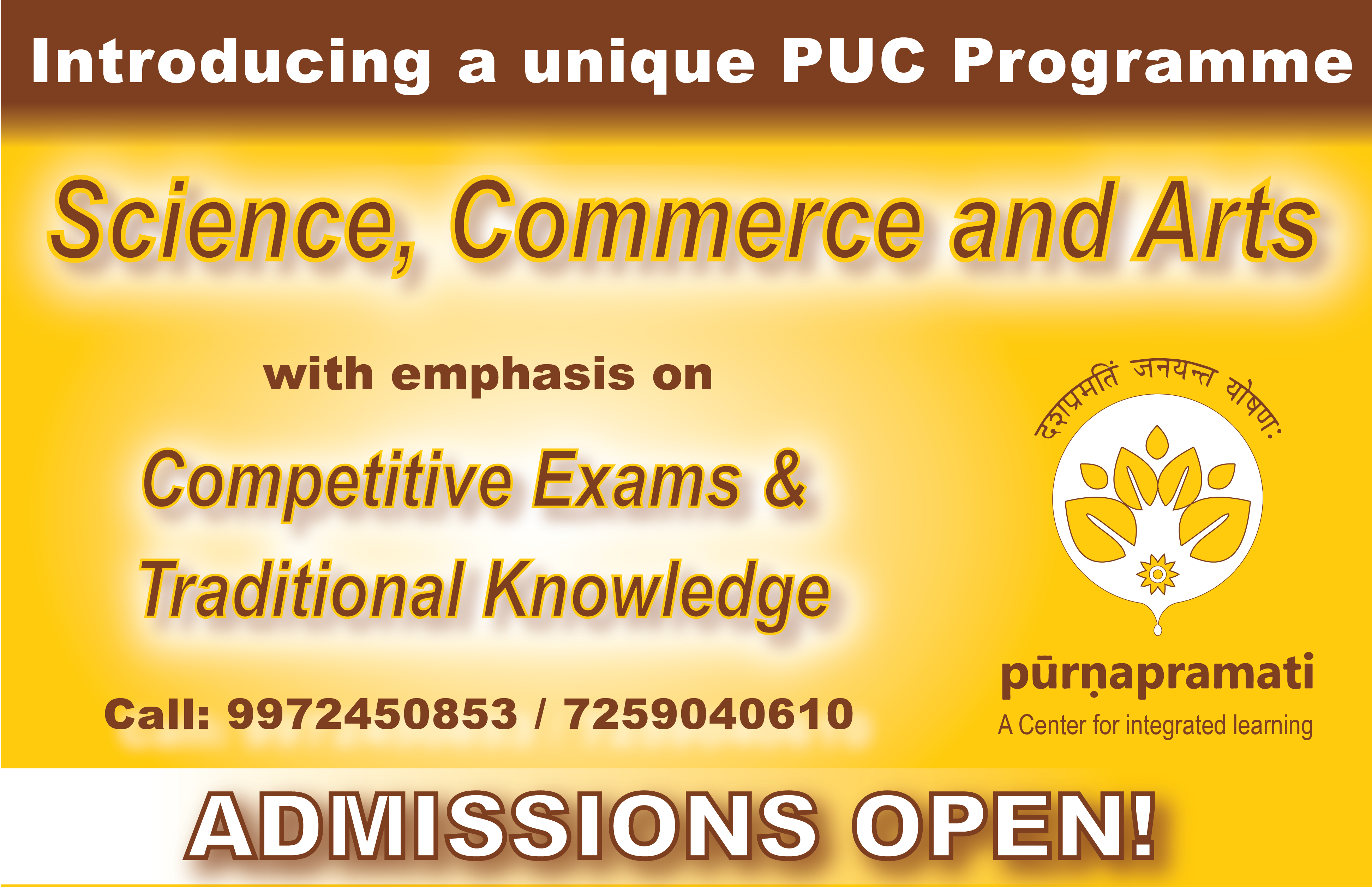Recent Updates
Subscribe
Recent Research On Language Learning – Conversation Skills
It is the talk of the town that Language study has not been as successful as it should be specifically in English Language. Mastering the language in just Grammar or the lessons from standard test book never results in holding good conversation in the language. A study found that students who had studied the language in any measure for two years did not give proficiency in the conversation. The study also identified that most of the students who study languages will probably never become fluent. The reason behind this failure of language programs is the method used. First, we need to understand the difference and its sequence of learning between “Use of the language” and” Study of the Language”.
The earlier popular approaches which were designed during the period of World War 2 and still being used at many institutions are audio-lingual and grammar-analysis methods. These methods consist of memorizing grammar rules and dialogues and engaging in pattern practice drills .These methods do not produce communicative skill. A number of powerful methods have been effective and evolved in recent times in producing proficiency in communication skills. These include TPR, TPRS, Focal Skills, ALG, and The Natural Approach. In this article, let us try to discuss TPR and TPRS. The references are provided at the end for rest of the approaches.
The first of these are TPR, this was created by Dr. James Asher. TPR stands for “Total Physical Response”. Learning a language through TPR approximates the getting hold of your native language. This approach follows the order of listening first and then speaking. Finally, the learner learns to read and write. In the receptive listening stage, the child hears different “sounds” such as “Get up” or”Here is your food”. As the child hears these ” sounds” they physically respond. After a period of 12 to 18 months, the child begins to speak. At this point, understanding is far in advance of speaking and it will remain that way for many, many years. In the getting hold of the first language (for example Kannada), therefore, listening is the first skill to be developed followed by speaking. It seems reasonable and obvious that any other language learning should approximate first language learning. In “Total Physical Response” speech and writing are delayed until comprehension has been broadly ingrained. This method of learning a language is also called a” listen first “approach.
Now, TPRS – Teaching Proficiency through Reading and Storytelling, suppose you want to remember a list of words… you will more willingly remember the words if you make a sentence or sentences connecting the words in the form of a short story. You would remember it even better if the story was easy to visualize and best of all if you could picture a story that was dramatic way or interest of learner where in your emotions are also involved.
Let us now discuss the best and the easiest way to implement the TPR and TPRS approach to our kids language study. Here are some of the gradual and day to day implementations that we could think of…
- As a parent, teachers… always speak to the kid in the language that you wanted them to become proficient, irrespective of their response in the language that you wanted to them to proficient or not. This certainly improves kid’s ability on listening and comprehension skills.
- Tell them lot of stories in the language you wanted your kid to become proficient and ask them simple questions from the stories, however note that do not assume them to respond in a complete sentence, even a single word response is very good and needs to be highly appreciated.
As the saying goes “Repetitions is the master of the skill”. Guess what, why did the society used to chant and listen to Vedas scripture every day during centuries back? Various researches show that Individual need to hear and see a new word at least about 32+ times, in a meaningful and understandable context, to remember it and be able to use it. Here is the break for the kids to become cream out of cream and would be appearing for board exam this and upcoming years… Could you repeat and revisit your entire subject about 32+ times? This will certainly develop you to a score of high percentage/percentile.
In summary, research and educational experience show that traditional grammar analysis methods fails most of the students who are taught using them. Natural methods, especially those that use a “listen first” approach, are much more powerful and effective.
References:
TPRS – http://www.blaineraytprs.com/
TPR – http://www.tpr-world.com/
Listen First (ALG) – http://www.algworld.com
Interactive Stories – http://e-poche.net/conversations/?page_id=7















